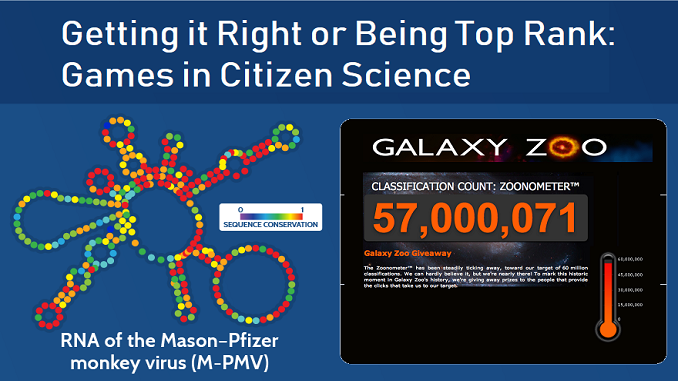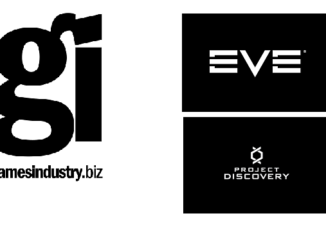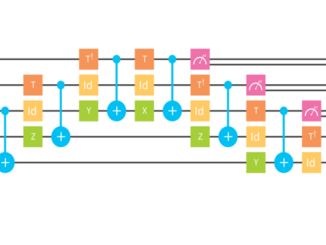
Abstract
The use of games in citizen science is growing, but can create tension as gaming and science can be seen as incompatible areas of activity. For example, the motivations for winning a game and scientific pursuit of knowledge may be seen as contrary. Over a one-year period, we conducted a virtual ethnographic study of the public forums of two online citizen science projects, Foldit and Galazy Zoo, the first a project in which gaming is an explicit design feature and the second in which it is not.
The aim was to provide a nuanced view of how participants topicalize and respond to tensions between gaming and science. Thematic analysis of discussion forum posts suggests that participants in the two projects respond differently to the tension. By unpacking participant responses to the tension between games and science, our study highlights that citizen science projects using games are not just about fun. To enroll and retain volunteers, these projects also must recognize and manage the implicit normative scientific ideals that participants bring with them to a project.
We further conclude that ideals of science embraced by citizen scientists appear to influence the reasons why they participate, either emphasizing equality, like in Galazy Zoo, or meritocracy, like in Foldit.
Authors: Marisa Ponti , Thomas Hillman, Christopher Kullenberg, Dick Kasperowski
Keywords: citizen science, engagement, games with a purpose, scientific ideals
How to Cite: Ponti, M. et al., (2018). Getting it Right or Being Top Rank: Games in Citizen Science. Citizen Science: Theory and Practice. 3(1), p.1. DOI: http://doi.org/10.5334/cstp.101
Read the full publication on Theory and Practice
https://theoryandpractice.citizenscienceassociation.org/articles/10.5334/cstp.101/


